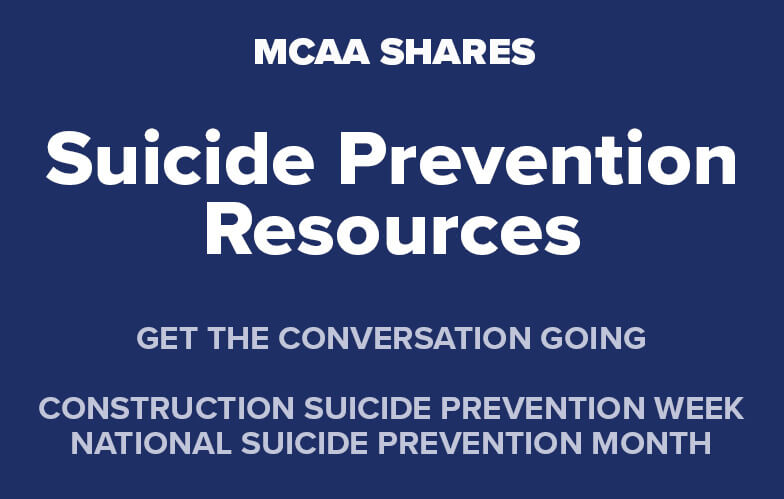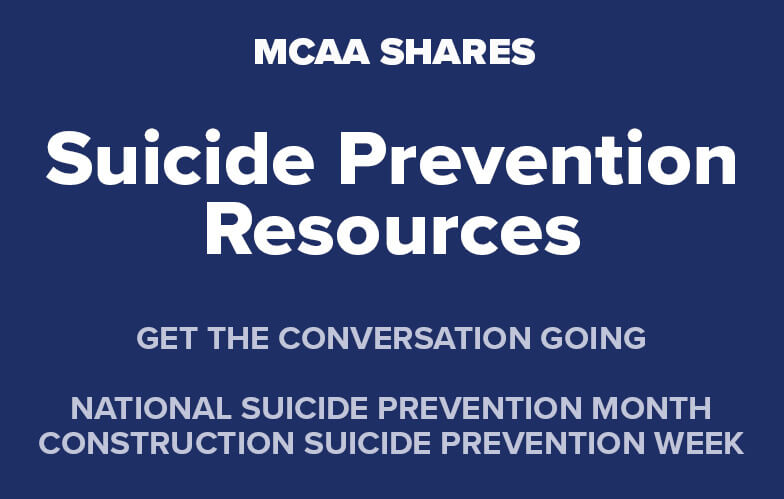
On August 4, 2020, the Small Business Administration (SBA), in conjunction with the Treasury Department, released 23 frequently asked questions (FAQs) regarding loan forgiveness under the Paycheck Protection Program (PPP).
The FAQs, released approximately one week ahead of the SBA’s opening its loan forgiveness application portal, covers general questions surrounding the process and the type and amount of costs that can be included in the loan forgiveness application. Some of the FAQs confirm previously-stated positions and represent logical extensions of prior guidance, and others contradict prior guidance.
This article focuses on the most salient points of the FAQs and highlights the departures from prior SBA guidance or prevailing interpretations.
General Loan Forgiveness FAQs
- Sole proprietors, independent contractors and self-employed individuals with no employees can use the EZ loan application.
- Borrowers are not required to make loan payments prior to their receipt of a decision on their loan forgiveness application, provided they the application is filed within 10 months of receipt of the loan. Interest accrues from the date of receipt of the loan, but only on the part of the loan that is not forgiven.
Payroll Cost FAQs
- There is no change to the paid or incurred rule as applied to payroll costs.
- Paid – payroll costs that are incurred prior to a borrower’s covered period (CP) but paid during the CP are includable.
- Incurred – payroll costs that are incurred during the CP but paid on or before the next regular payroll date after the end of the CP are includable.
- Cash compensation is determined using gross payroll amounts. For purposes of the $100,000 annualized limitation on cash compensation, all forms of cash compensation should be considered, including wages, tips, commissions, bonuses and hazard pay.
- Employee group health care costs are includible to the extent paid by the employer during the CP for coverage during the CP, but not for coverage outside the CP. This narrowing of the “paid” rule contradicts prior SBA guidance and creates a difference in the treatment between cash compensation and employee group health care costs.
- No forgiveness will be provided for retirement benefits accelerated from periods outside the CP. This too represents a narrowing of the “paid” rule and contradicts prior SBA guidance.
- The FAQs confirmed prior guidance that the maximum owner compensation amount for a 24-week CP is $20,833 in total across all businesses, but it added that borrowers are free to choose how to allocate such amount among their businesses.
- Changes were made to the calculation of the owner compensation limits by business type. Below are the new rules.
- C Corporations: cash compensation relating to a C corporation’s shareholder/employees is limited to 2.5 months of their 2019 cash compensation (for a 24-week CP), subject to a cap of $20,833. The corporation also is eligible for forgiveness on its group health care costs, state/local employment taxes, and retirement contributions capped at 2.5 months of the 2019 retirement contribution amounts.
- S Corporations: cash compensation relating to an S corporation’s shareholders/employees is limited to 2.5 months of their 2019 cash compensation (for a 24-week CP), subject to a cap of $20,833. The corporation also is eligible for forgiveness on its state/local employment taxes, retirement contributions capped at 2.5 months of the 2019 retirement contribution amount, and health care contributions for owners owning less than 2% of the stock of the S corporation (or family members of such owners). Group health care costs are not eligible for forgiveness for owners or for family members of owners holding at least 2% of the S corporation’s stock.
- Self-Employed Schedule C (or Schedule F) Filers: forgiveness is capped at 2.5 months of 2019 net profit as reported on Schedule C, line 31. No forgiveness may be obtained for group health care costs, retirement contributions, or state/local employment taxes.
- General Partners: forgiveness is capped at 2.5 months of 2019 net earnings from self-employment (on Schedule K-1, box 14a) multiplied by .9235, and payment of this amount must be made during the CP. No forgiveness may be obtained for group health care costs, retirement contributions, or state/local employment taxes. The partners’ 2019 Schedules K-1 must be submitted along with the partnership’s loan forgiveness application.
If you have any questions regarding the loan forgiveness process, please contact a member of Withum’s SBA Financial Assistance Services Group.
Nonpayroll Cost FAQs
- There is no change to the paid or incurred rule as applied to nonpayroll (i.e., overhead) costs.
- No change to the definition of a covered mortgage in the CARES Act, but the FAQs state that interest on an unsecured line of credit is not eligible for forgiveness because the loan is not secured by real or personal property.
- The renewal of a lease that was in place prior to February 15, 2020, will not affect loan forgiveness for the rental payments on such renewed lease.
- Additional color is provided to the previous guidance that “transportation” expenses include gasoline for a borrower’s vehicle. The FAQs provide that “transportation” expenses include transportation utility fees assessed by state and local government.
Headcount and Wage Reduction FAQs
- The SBA previously announced a safe harbor with regard to headcount reductions where the employer made an offer of reemployment that was rejected by an employee. The FAQs add that borrowers must demonstrate both an inability to hire similarly-qualified individuals on or before December 31, 2020, and that they informed the relevant state unemployment office of the offer within 30 days of the employee’s rejection of the offer.
- With regard to salary/wage reductions, the FAQs reiterate that the borrower should only take into consideration decreases in salaries and wages, and not additional compensation such as bonuses, commissions, etc.
The FAQs provide additional guidance for borrowers, but hopefully Congress acts to further limit the loan forgiveness process either by eliminating the requirement to apply for certain loan sizes or by further streamlining the application process. Unless it does, the SBA plans to open its loan forgiveness application portal in the next few days. To the extent borrowers are left to make reasonable assumptions about the operative rules, we continue to encourage full disclosure as part of the loan forgiveness application process.



